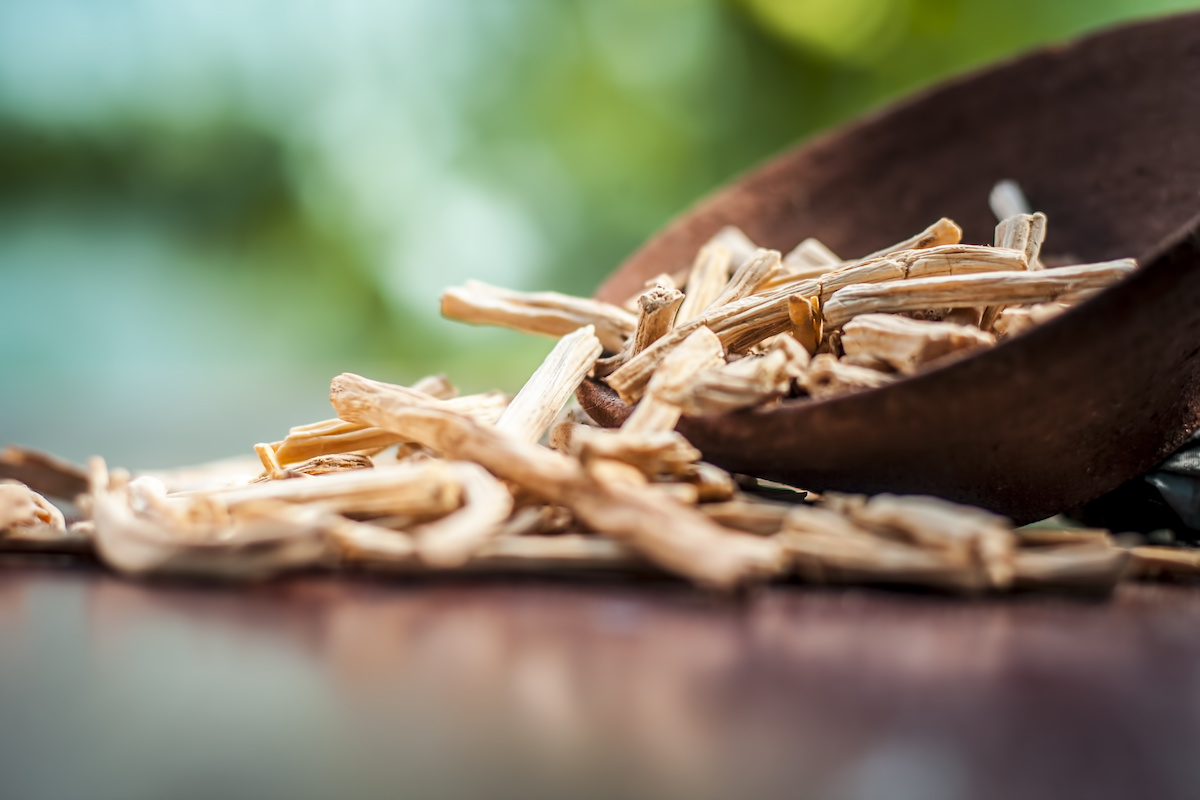
Shatavari – The Queen Of Herbs
Ayurveda calls Shatavari (Asparagus racemosus) a rasayana (rejuvenating tonic) that may bestow a sense of wellness, calmness, and balance to those who consume it regularly.

Ayurveda calls Shatavari (Asparagus racemosus) a rasayana (rejuvenating tonic) that may bestow a sense of wellness, calmness, and balance to those who consume it regularly.
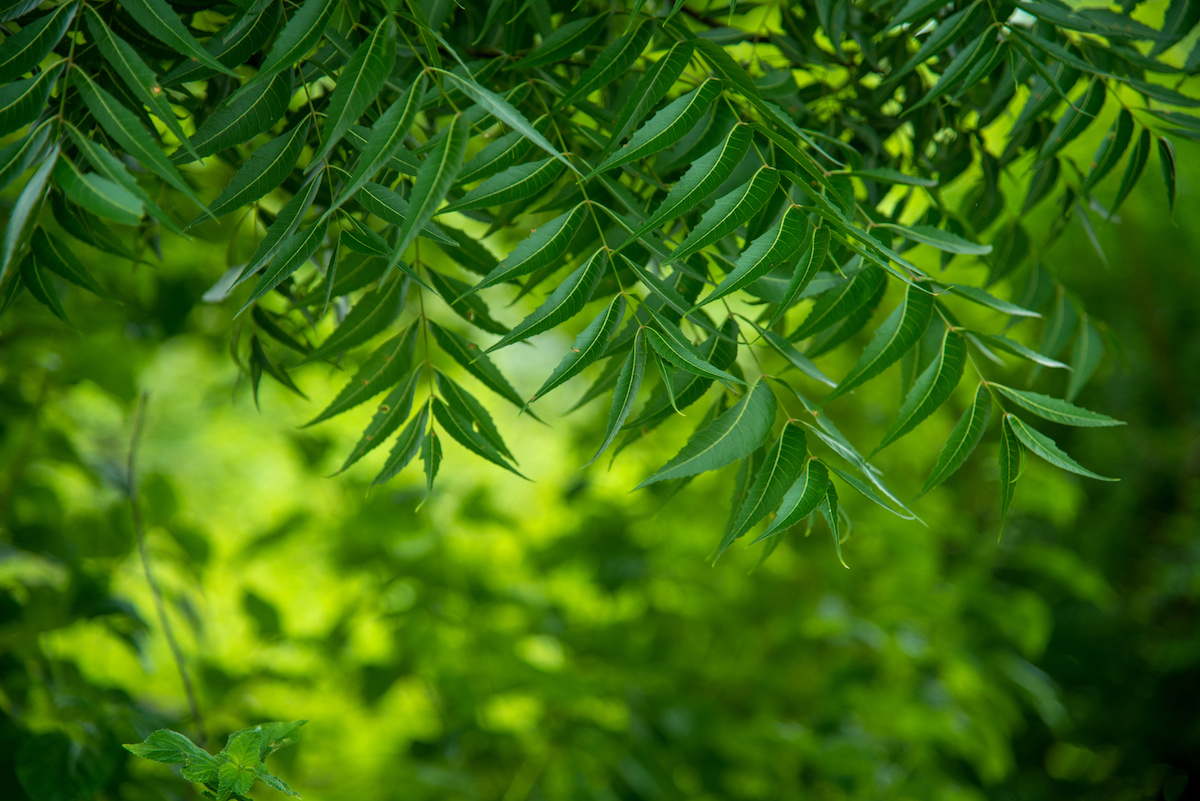
The neem tree (Azadirachta indica) has a history of popularity due to its medicinal properties. This herb has found used in Ayurveda for over two
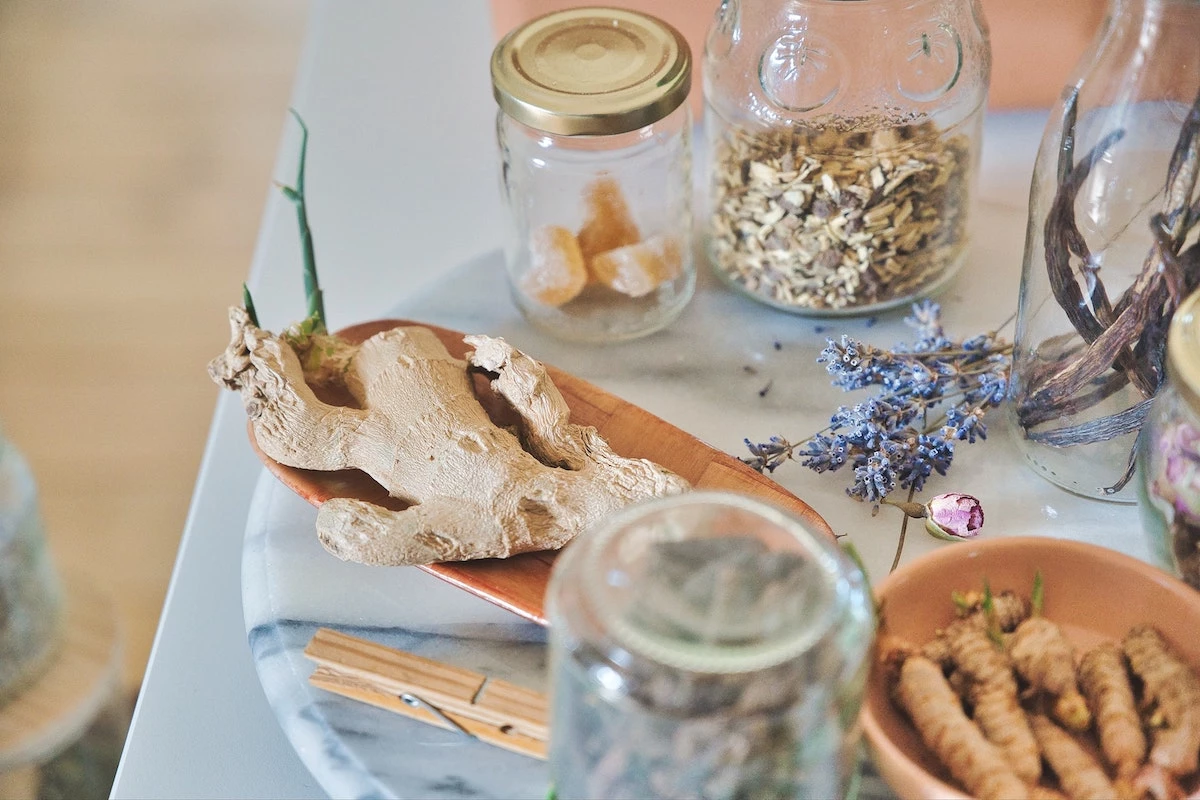
Dashmool or Dashamula is a traditional Ayurvedic herbal remedy. Dasha means “ten” and mool or mula means “root” thus dashmool is an Ayurvedic polyherbal blend

Moringa (moringa oleifera) or “the drumstick tree,” is a fast-growing perennial plant with pale grey bark, ovate leaves, yellowish-white flowers, and brown fruit. In
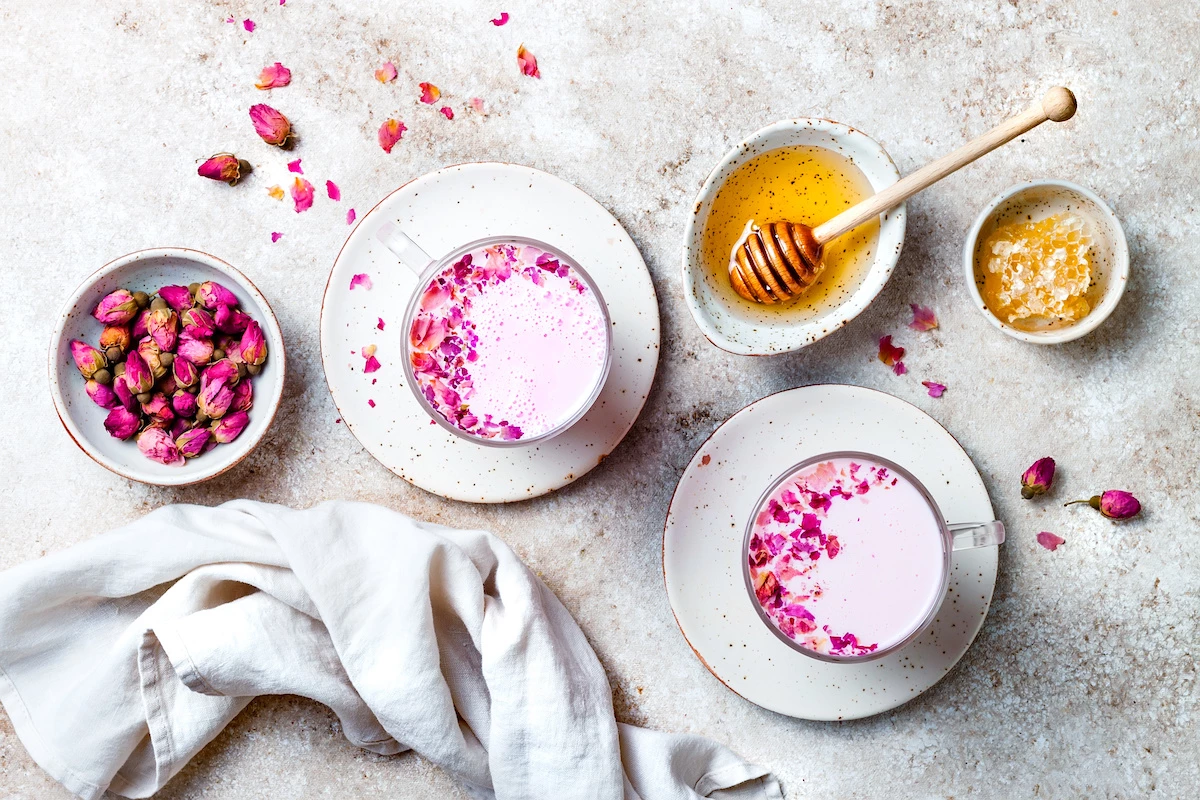
One of the fundamental concepts of Ayurvedic theory, the ancient practice of holistic medicine, is the idea of body type or unique energy. This “human
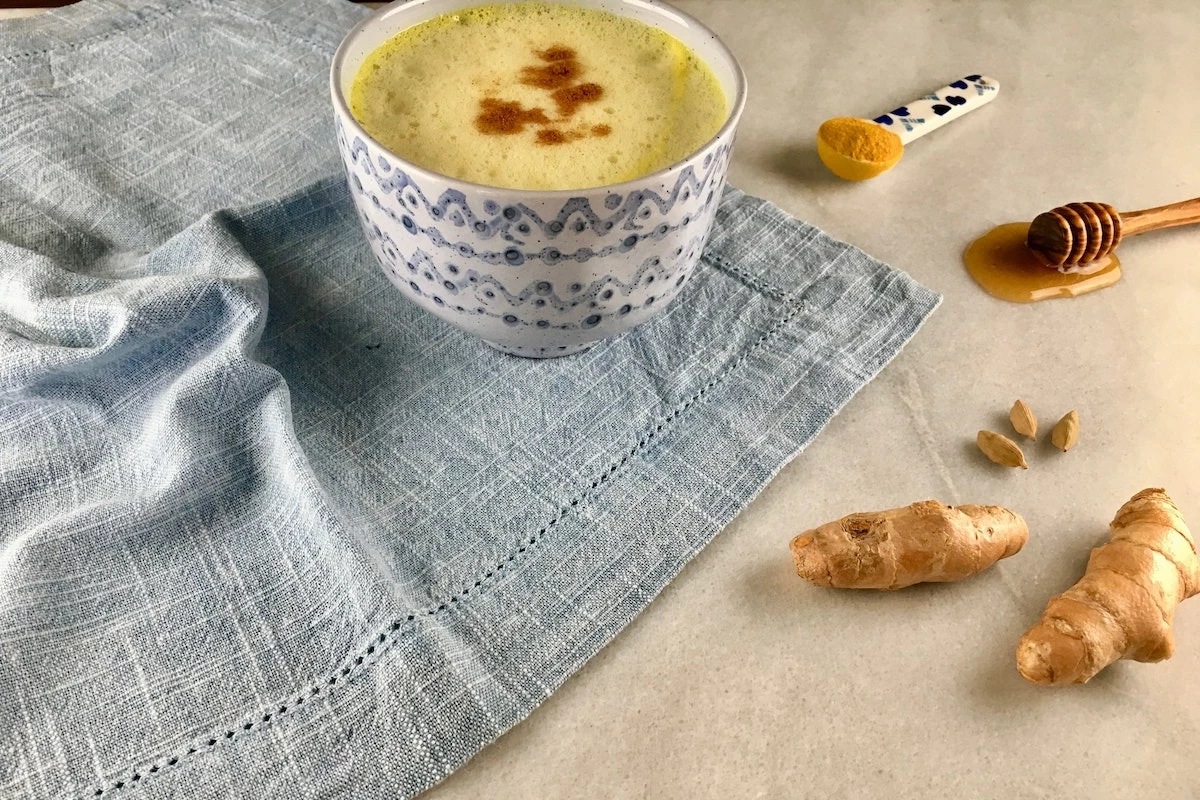
Just as an imbalance in any of the five elements is enough to spawn chaos in nature, imbalances in any of the three Doshas may
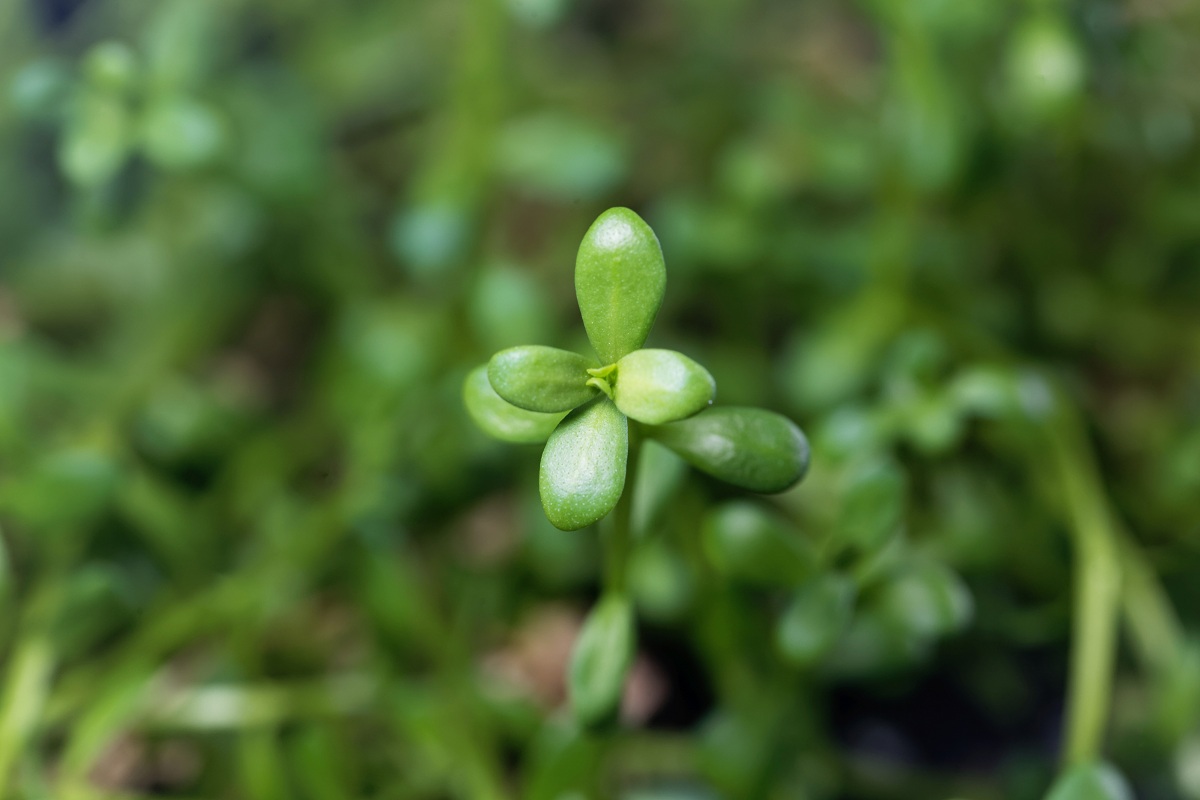
Brahmi (Bacopa monnieri) is a popular Ayurvedic Rasayana with adaptogenic properties and potent bioactive compounds. Bacopa has many other names like Indian Pennywort, Waterhyssop, or
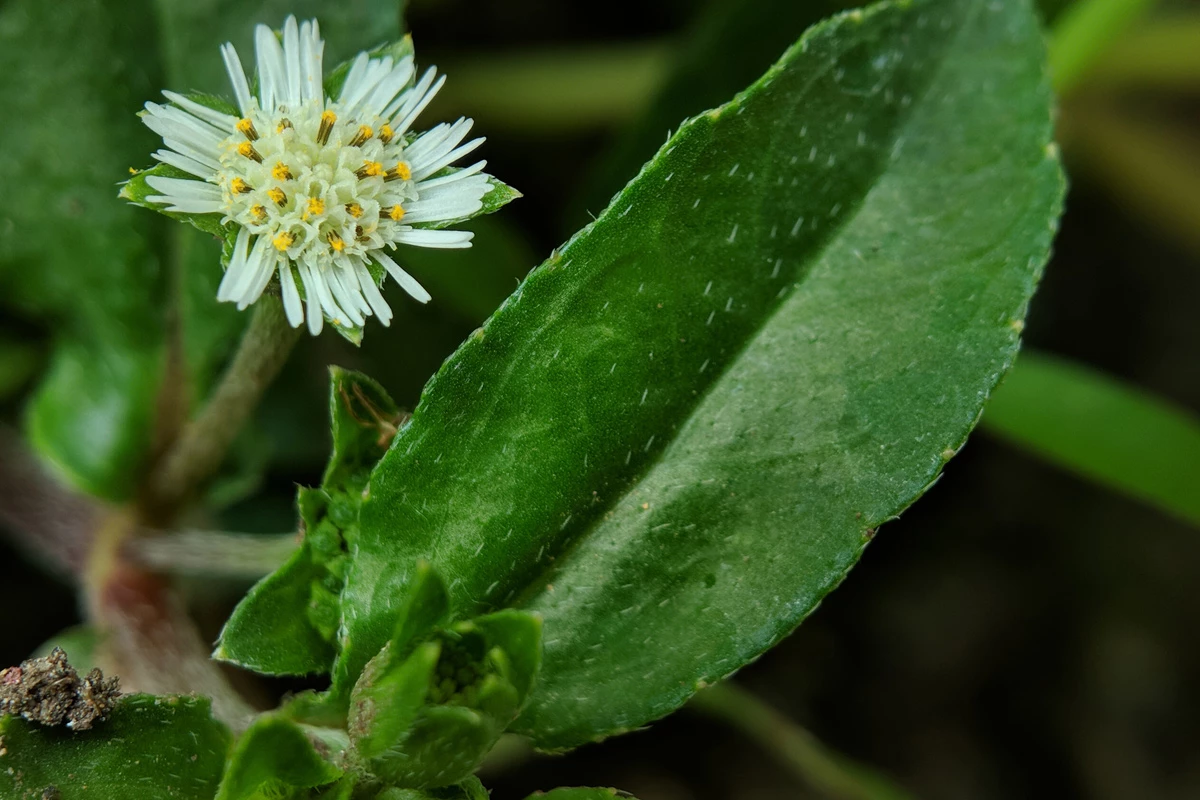
Bhringraj (Eclipta Alba) has a long history as a rasayana for in Ayurveda. This herb – called False Daisy in English – is an annual
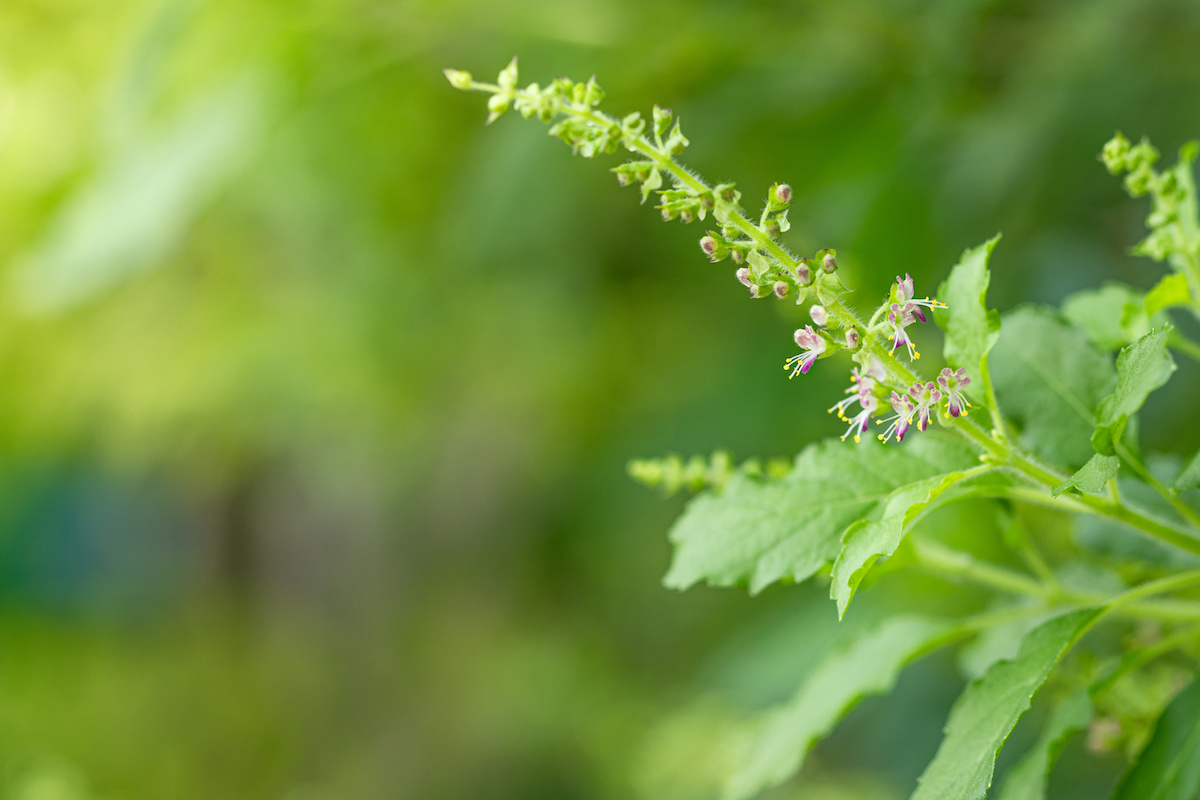
Tulsi (Ocimum sanctum), or holy basil, is a perennial plant in the Indian subcontinent. It has green or purple leaves and purple flowers. There are
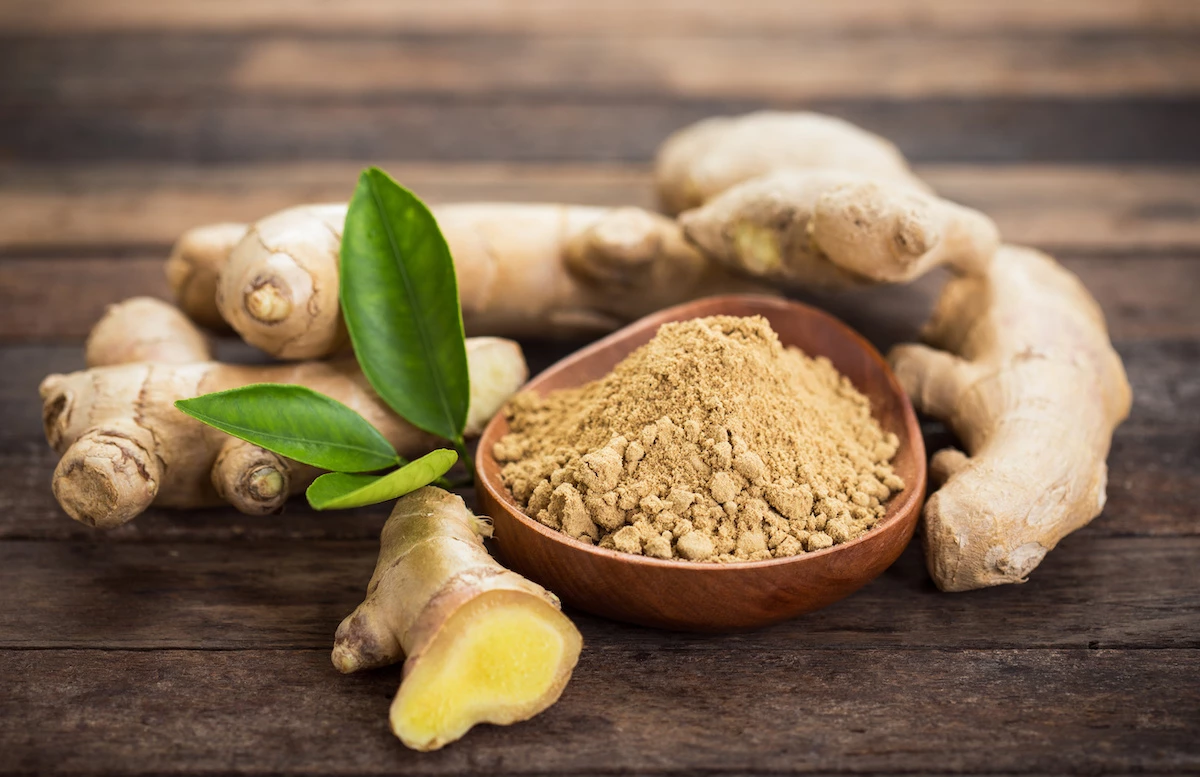
Ginger is a herbaceous plant with narrow leaf blades, rolled stems, and pale yellow flowers with purple edges. It is a rhizome (part of the
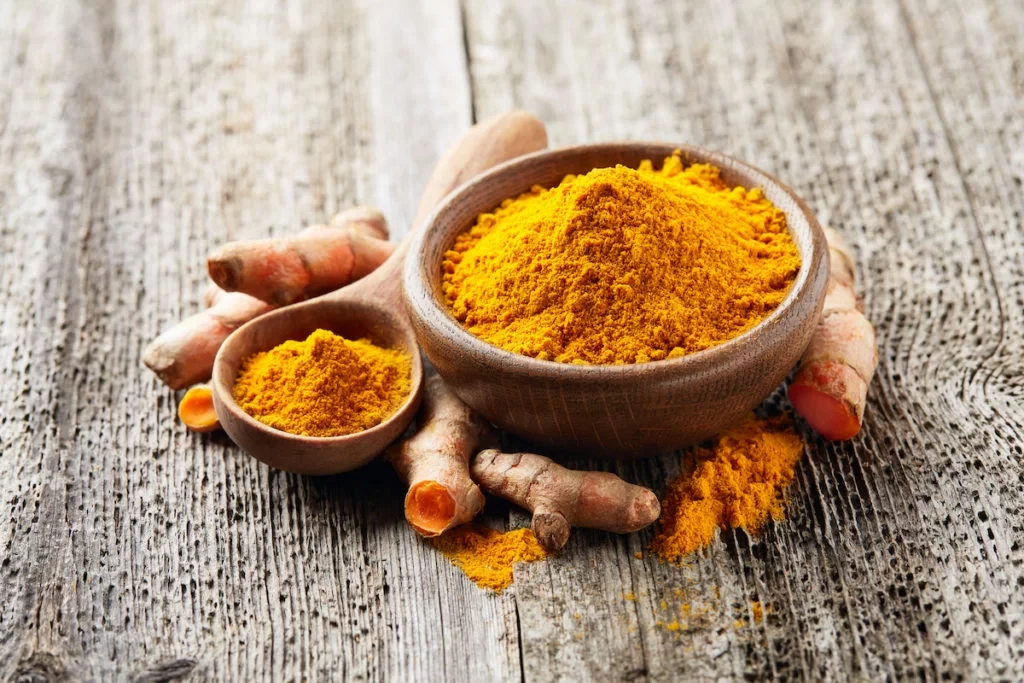
By subscribing to our newsletter you agree to our Terms and Conditions and Privacy Policy